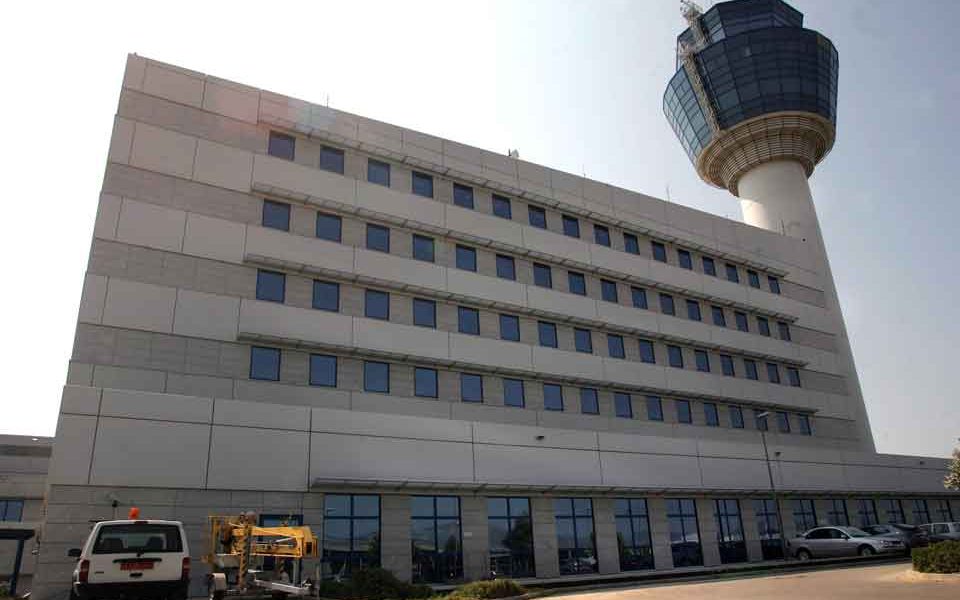AIA stake is cleared for sell-off

The government’s Economic Policy Council on Wednesday unblocked the process for the sale of a 30 percent stake in Athens International Airport, in the presence of Prime Minister Kyriakos Mitsotakis.
The ministerial body convened exclusively to reverse the decision the previous government had reached in February, upon the recommendation of former finance minister Euclid Tsakalotos, to force state sell-off fund TAIPED to claim the spot in the AIA board left vacant by the departure of the independent member appointed until then by the European Investment Bank (EIB).
That decision had incited the wrath of AIA’s private shareholders, with the Canadians of PSP (who control 40 percent) and the Copelouzos family (owner of 5 percent) refusing to consent to the sale of the 30 percent stake in AIA under the terms.
PSP was quite rightly worried that a possible cooperation between the Greek state and the preferred bidder for the 30 percent stake, with five seats on the governing board, could wrest control of the company away from the strategic investor and reduce the rights the 1995 shareholders agreement provides it.
The solution was found on Wednesday with help from the EIB: The European Union lender has reversed its original decision, after the change of government in Athens, and declared it will continue to appoint an independent member to the AIA board for as long as it is required. Therefore the Greek government had no reason not to revert to the original plan that had provided for the investors that acquire the 30 percent stake to take two seats on the board that TAIPED (i.e. the Greek state) would concede. The Canadians and the Copelouzos family will continue to have four seats between them, TAIPED will hold three and the EIB will have one.
At Wednesday’s meeting there were even proposals for the sale of the entire state holding of 55 percent, but Mitsotakis insisted that such a shift would not only surprise the market but would also generate major delays as it would require an entirely different procedure.





